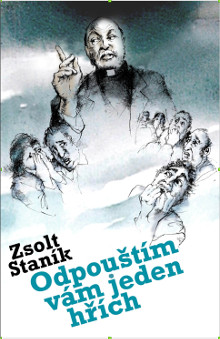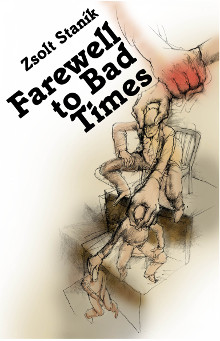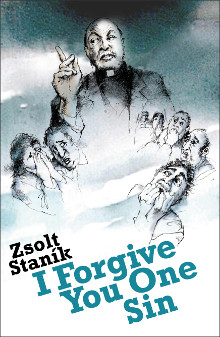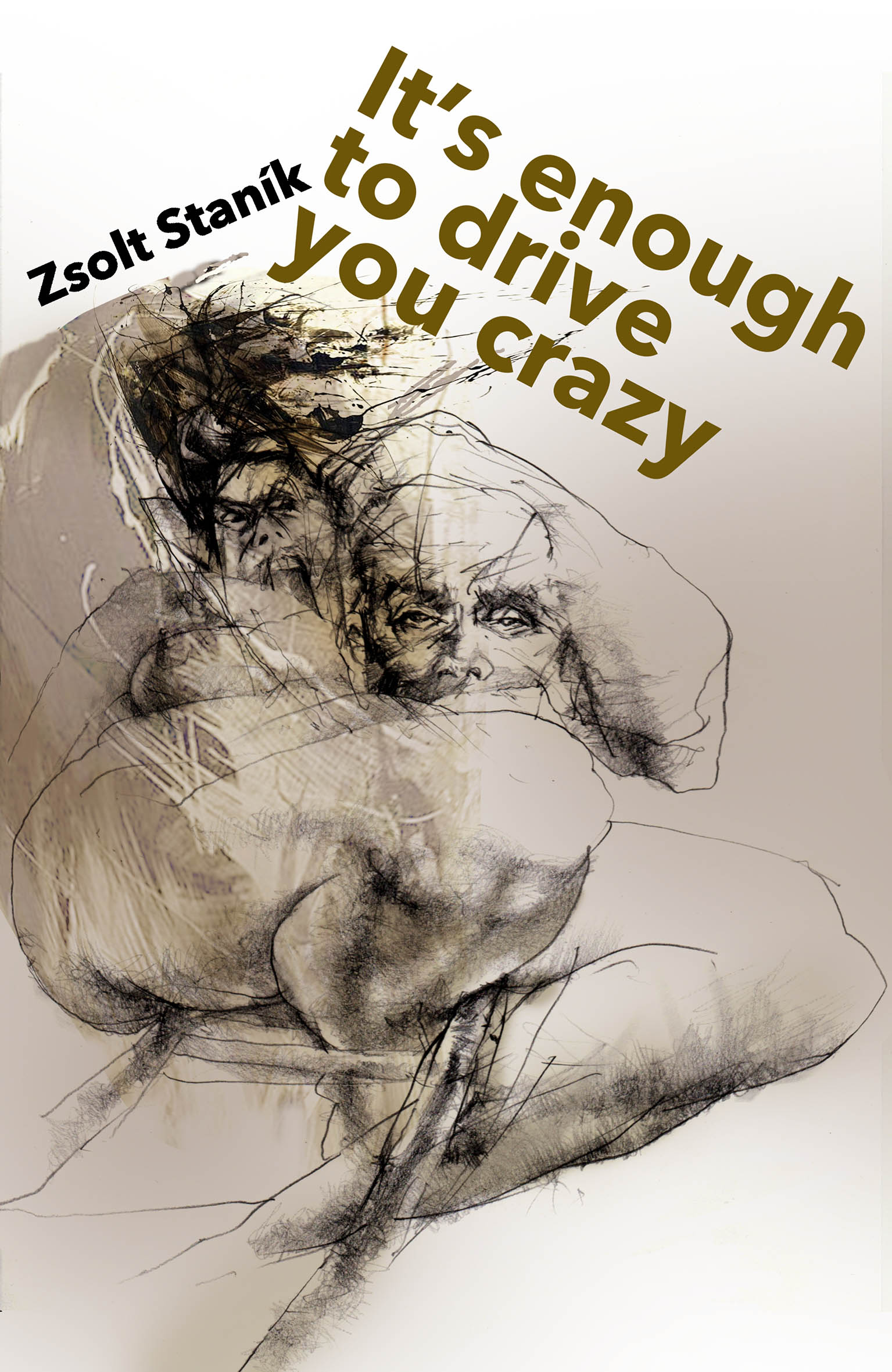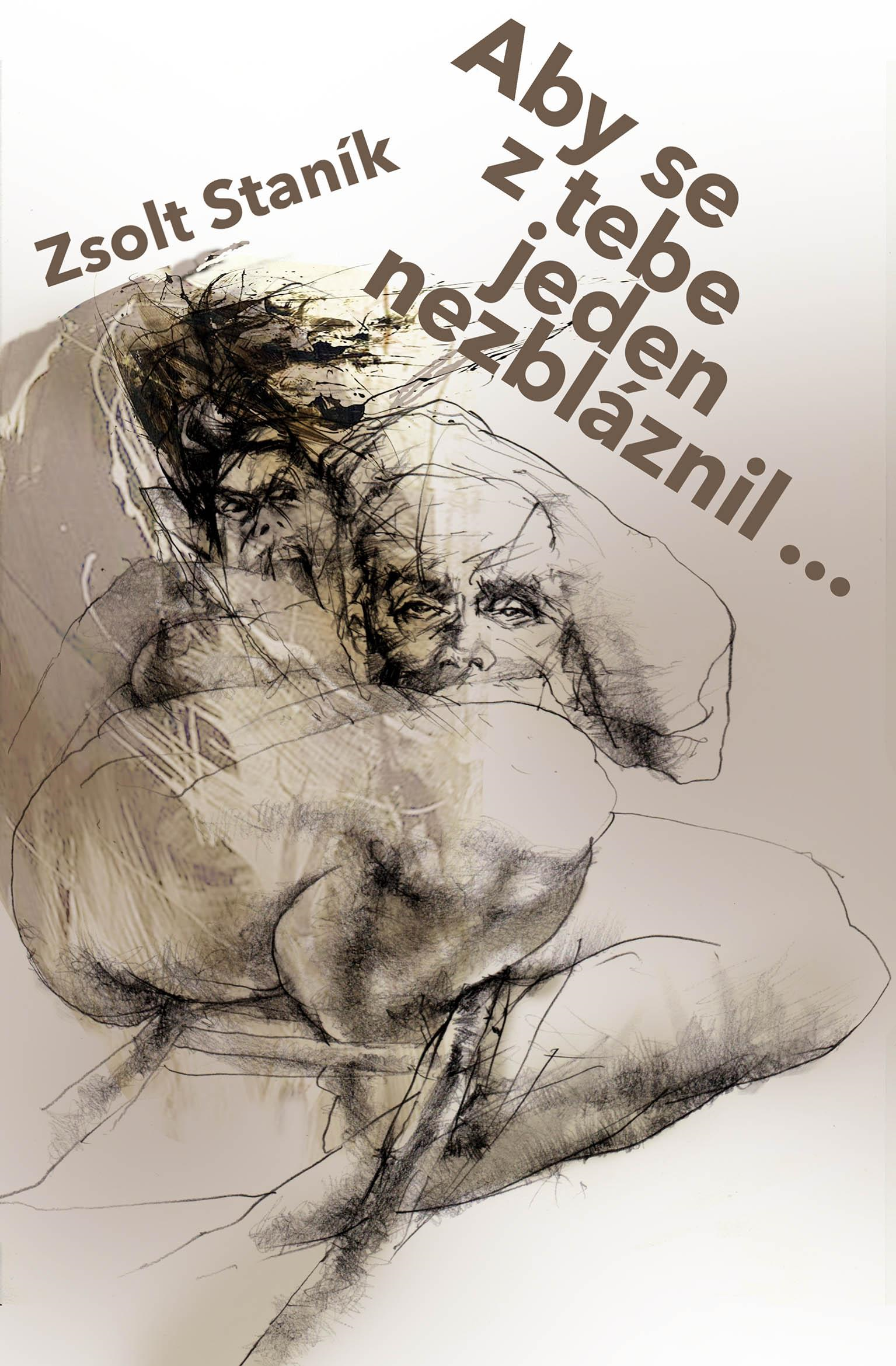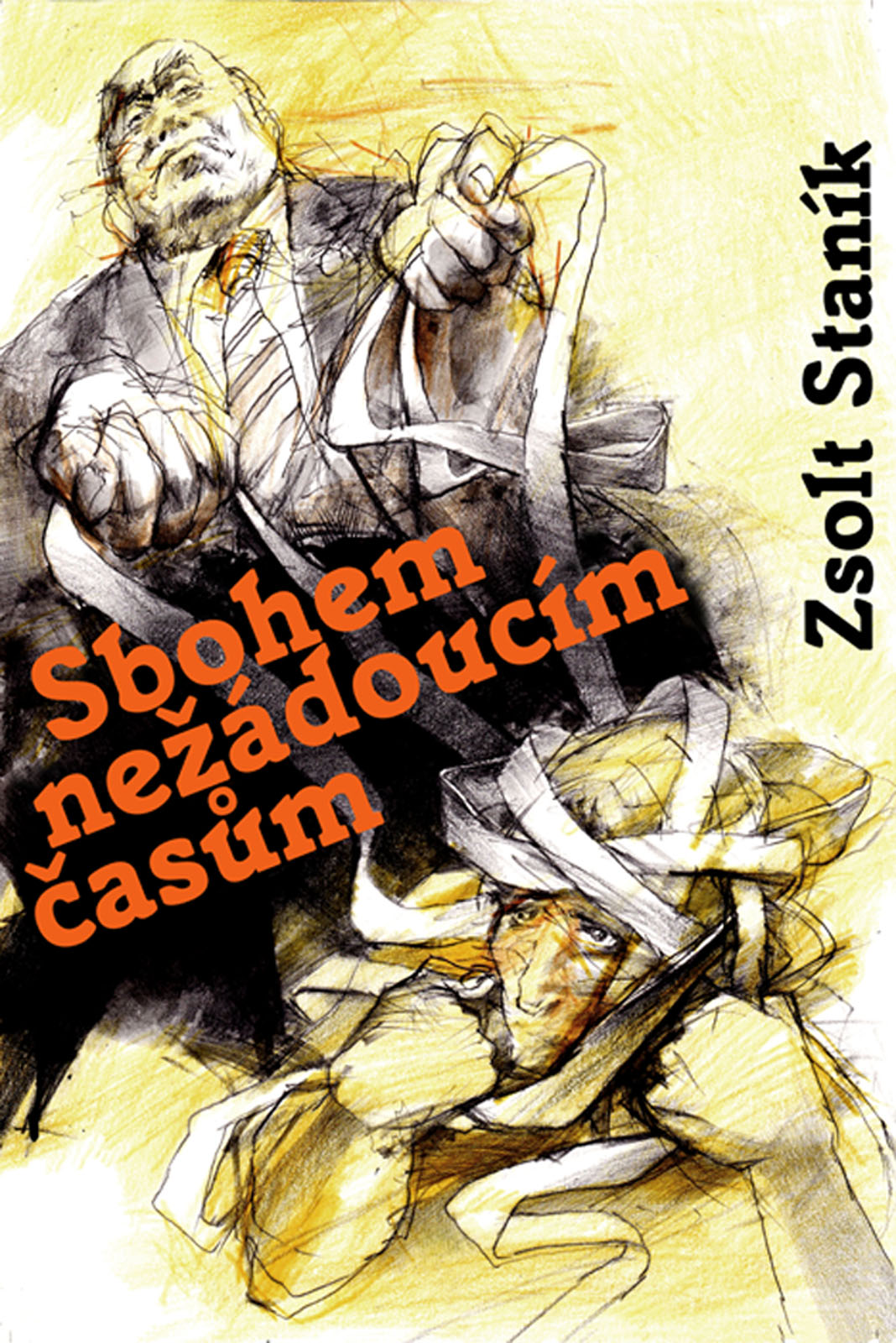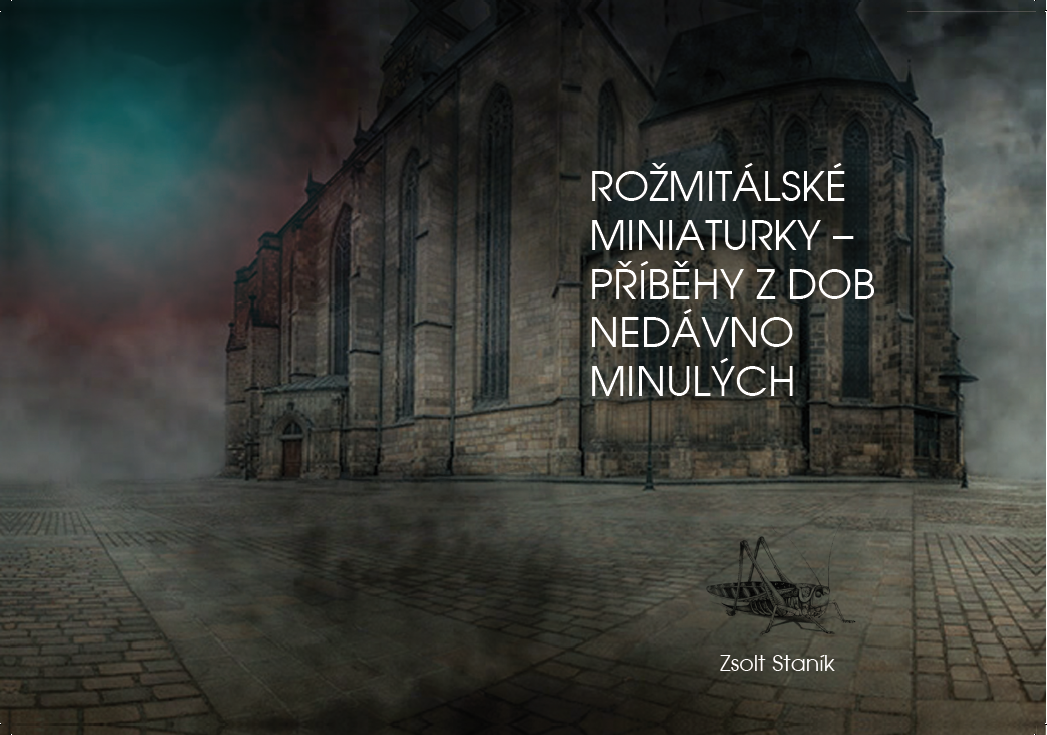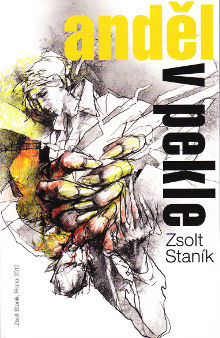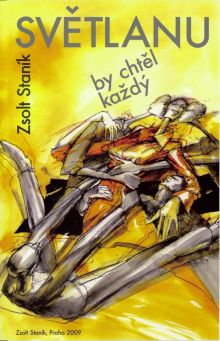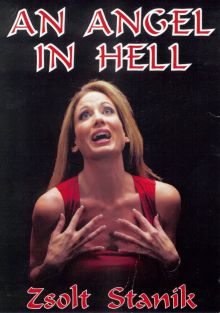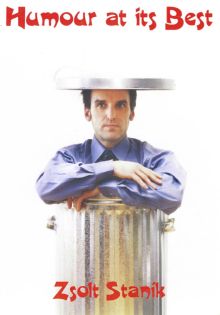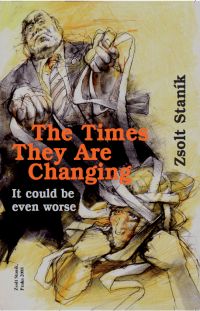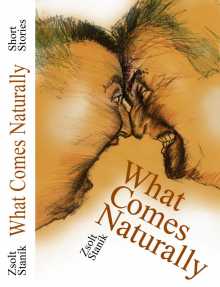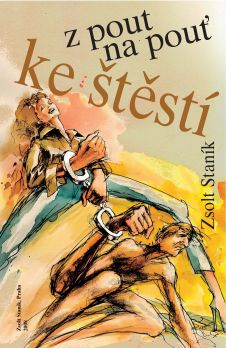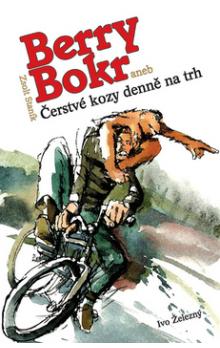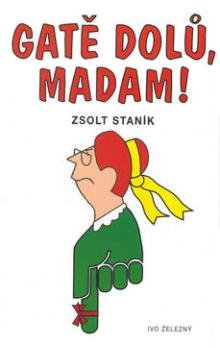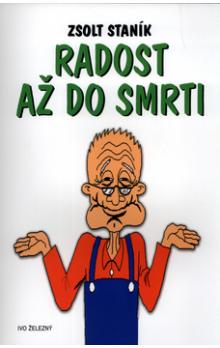Joy till Death
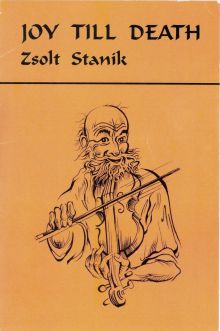
| Title: | Joy till Death |
| Author: | Zsolt StanĂk |
| Cover: | Janet Mary Robinson |
| Editor: | Susan Cohen-Unger |
| Graphical layout and typeset: | Fastprint Publishing |
| Publisher: | Fastprint Publishing, Peterborough, England |
| Language: | English |
| First published: | 2011 |
| ISBN: | 978-178035-013-4 |
| 209 pages (printed edition) | |
| Price | See purchase |
| >> purchase | |
About the book
Authorâs note
Age, the faded star on the horizon, followed inadvertently but consistently by a column of weary pilgrims among whom all of us will be gradually included, is nothing but a clear indication of humans returning to where they started â in the bosom of picturesque nature. How nice it would be to go back there without pain, in a good mood and smiling. How nice it would be â even at this stage of life â for the eye to enjoy gazing into the face of a good person, the heart to feel the warm spell of reciprocated love, the joints to move freely and the brain to kindle an optimistic mood every day.
In fact, it is often a little different. Worn mechanical parts of the body's machinery squeak in horror, muscles become weak from inactivity, eyes lose their eagleâs sharpness and a heart that once liked to love must contend with itself for survival. How easy it is in this state to succumb to despair, often exacerbated by watching that star fade more and more on the horizon of a disappearing future.
However, is this despair in old age not commonplace? Is an enjoyable trip back to eternal and beautiful nature no longer possible? Yes, of course it is. For those who are heading in this direction and working a little on themselves, it is possible but, of course, it requires a rather strong will. The sooner it starts, the better, but it is never too late to work so that the body does not suffer, and the brain is kept active. Do not let your brain rest, because you can further the beneficial effect of brain activity on mental freshness and overall attitude towards life in old age. As long as possible, the freshness should let you see and experience the world and events around you with delight. This book, riding on the echoing waves of the motto âDo not leave room for nothingnessâ, pursues this aim. With the example of an imaginary retirement home called Villa Angelika, it offers the reader â whether elderly or somewhat younger â a cheerful sip of optimism and positive thinking to sweeten the souring taste of implacably approaching old age.
Below find please 2 extracts from the book:
One of the first who made friends with the seniors was Zdenek, who was about to build a chimney for his new furnace room. As an amateur bricklayer, he decided to choose a professional advisor from the home. On Charlesâ recommendation he selected Mr. Coufal, once a successful bricklayer. Mr. Coufal couldnât believe the offer. He was extremely happy, but he worried a bit about whether he could, after so many years, be really useful. He was, and not only with his advice. He often asked for a trowel and helped lay the bricks. He insisted on the right to complete the construction of the chimney above the roof, the most visible and exposed part to the weather. So Zdenek had no other choice but to help him to get up there. On the roof, a chair was waiting for him with two shortened legs and the seat fixed in a horizontal position to the chimney. The result was a nicely built, rough-cast chimney, which both admired with pride. Mr. Coufal was tired, but had a very good feeling of being useful to people now and then.
Mr. Chrasta, for a change, liked â during his rounds to collect wood and fodder for his mare â to play the role of tourist guide through the local meadows, greenwood and forests. One of the couples who took a tour with him was Mary and Betty. Always nicely dressed, they showed off beautifully on the buggy seat, swinging on rubber wheels. With Mr. Chrasta in the middle. His route had some constant elements: a few logs of wood placed at the bottom of the buggy from the somebodyâs else wood heap in the forest, supplemented by some maize cobs picked from the cooperative field and, in order to cover and hide it all, some freshly mown grass on the top.
On the way home, he stopped briefly at a little chapel beside the ploughed furrow in the middle of the field. He crossed himself and thanked God Almighty for all the âgiftsâ the Lord had bestowed upon him that day from his kingdom. From here, they went directly to the pub to have a modest refreshment: mineral water for Mary and Betty, beer for Mr. Chrasta. During one of the trips, the left tyre went flat. It happened, fortunately, near the local garage. He set course for it and parked the mare Rita with the buggy beside a black funeral car waiting for a vacant lever-jack. The driver had handed the car keys to the car mechanic Jarda and popped into a nearby cafeteria for refreshment. Jarda drove the hearse onto the lever-jack, hoisted the car and the repair began. That very moment the scared driver came running up to him horrified at the thought of rolling the car.
âWhat, what, sir, calm down,â Jarda welcomed him, âJust relax. In a short while the car will be ready for you.â The driver looked at him, pointed a finger up to the car and whispered in his ear: âYou know, an old woman is up there in the coffin, we forgot to unload her.â
âWhat?â yelled surprised Jarda. âWe have never had something like that here before.â Then he looked up, clasped his hands and said contentedly, âWe welcome you here, Iâm sure, madam, youâve never been up so high, have you? Keep calm: before they get you in heaven for good, youâll land once more on earth.â
